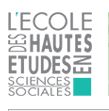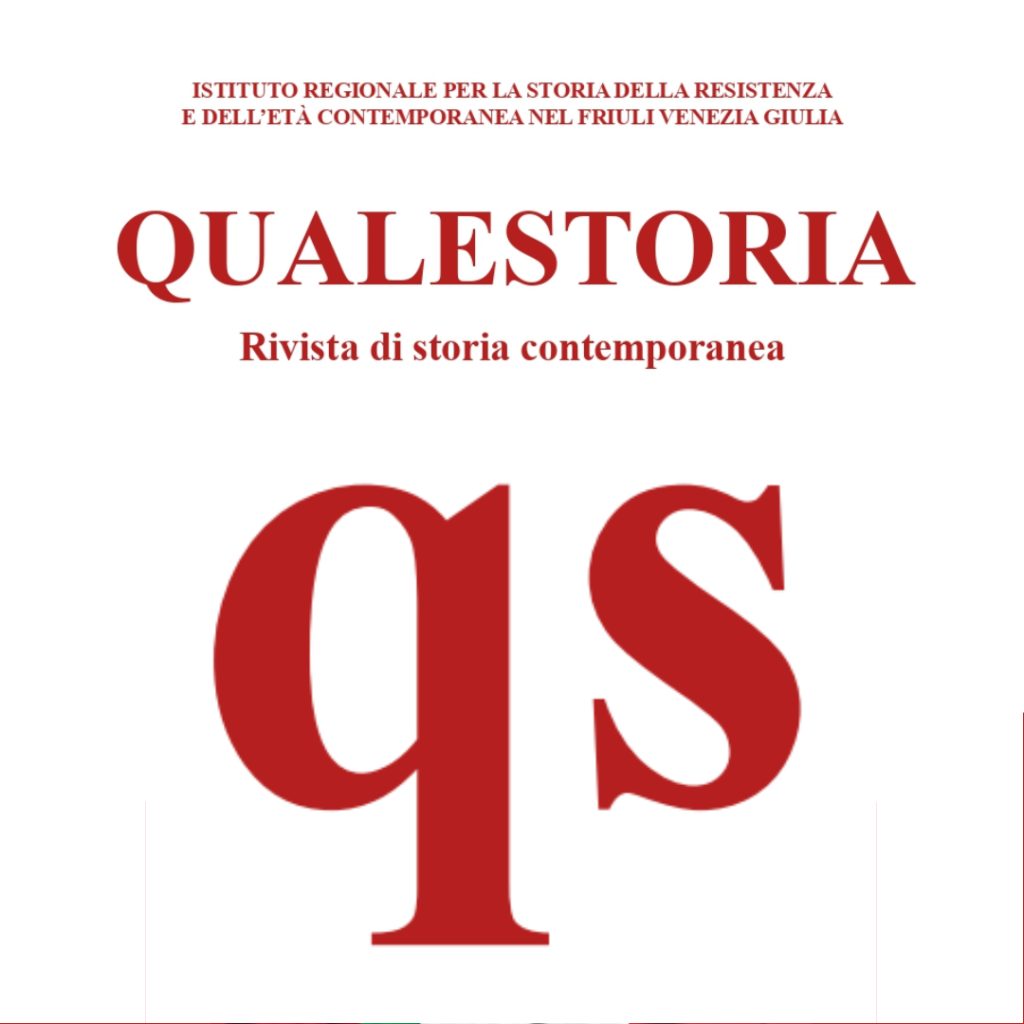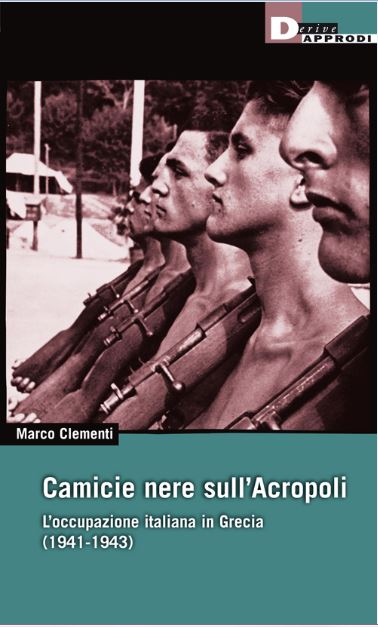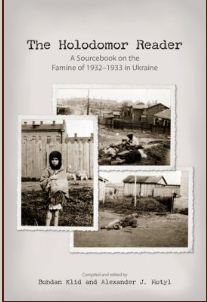 Dwelling/living in the Post-Yugoslav space
Dwelling/living in the Post-Yugoslav space
Before the 1st of May 2013
Following the European seminar held in Tours on this topic in June 2012, the PY network invites young researchers in Social Sciences working on the post-Yugoslav space to submit articles for a forthcoming publication (in French or in English) in an influential European journal. The issue will be titled: “Dwelling/living in the Post-Yugoslav space”, focusing on the evolution of relations between space and people in former Yugoslavia. Our ambition is to offer a fresh view and a better understanding of political, economic, socially rapid and complex evolutions in the region and to participate more broadly to a better understanding of socio-spatial processes in our contemporary world. The objective is also to facilitate, to promote and to make visible research analysis of young researchers working on the post-Yugoslav area.
Synopsis
Understood as a way for the individual to be in an environment, dwelling is a complex phenomenon challenging to define/grasp due to its modes being both material and ideal arrangements of representations and practices of the world (Bailleul and Feildel, 2011). Put differently, the inhabitants of aspace –as a lived experience and as a place of life- physically and symbolically appropriate it (Vassart, 2006). These individual and social relations between human being(s) and space(s) rely on personal, collective and cultural dynamics, which generate a very rich variety of meanings of home places. Dwelling is for the human being a manner to define its possibilities to be in space and time.
In the context of the post Yugoslav space, the verbs to dwell and/or to live acquire a particular resonance. In 1993, Michel Sivignon pointed out the grim actuality of these words during the Yugoslav conflicts. People have fought to guarantee their rights to live (in a house, a village, and a valley) but also to prevent others from living (in the neighbouring house, village, and valley). Wars were about getting rid of certain inhabitants but also about denying and deleting the signs and the marks they left in space and time.
If the 1990s conflicts may be questioned through the concept of dwelling, it is also possible to use this latter to elaborate a renewed perspective on recent reconfigurations of societies and territories in the former Yugoslav space. Other phenomena should also be integrated in such an analysis, e.g. the end of the socialist regime, the emergence of new nation-states, of market economy and the effects of supranational processes such as European integration and globalisation. Those have led to the emergence and the multiplication of new actors producing norms and representations –groups or individuals, state(s) or international organisations. Doing so, one may develop an approach much less concentrated on conflicts and nationalisms but focusing also on other aspects of the recent changes that have impacted (or not) on the way people live and dwell in space and time. Private ownership for instance is one phenomenon that has modified the relation between people and ground / land. It may result in a new personification of space and in new processes of formalising practices and representations in space that used to be informal.
In this call for papers, we are mainly interested in 3 themes:
1/ to be inhabitant and citizen in post-Yugoslav States
The end of the socialist political and economic system, the emergence of new sovereign nation-states as well as the successive migration of people over the last 20 years question the evolution of the relation between inhabitants and their new state(s) –changes in regime(s), legal statuses, definition of membership to the citizenry, borders and boundaries, law– and with neighbouring states –e.g. multiple citizenships. As a result of multiple historical, social and political processes, post-Yugoslav citizenships and their vocabulary refer to different definitions and meanings through time and space in the area. Besides, it is necessary to take into account the practices they encompass without being too close to normative understandings of other “citizenships” – e.g. British or French. Thus, this theme aims at questioning the evolution of citizenship(s) and citizenship regimes through their implication in everyday life and ordinary acts in post-Yugoslav spaces. What does this evolution imply in terms of dwelling (e.g. access to housing or other resources and rights)?
2/ to dwell, to live, to move in the post-Yugoslav space
Many researchers in the French academic context have recently noted the emergence of polytopic ways of living. More precisely, they argue that society has evolved in a way in which inhabitants have become more mobile in their everyday life and along their lifetime (Bailleul et Feildel, 2011; Stock, 2006). To what extent does this general observation fit with the post-Yugoslav context?
Mobility should be perceived as a vector/vehicle in the construction of the meaning that individuals give to the space in which they live in. Hence, the question is: which information do the recent changes in individuals’ mobility and spatial identities in former Yugoslavia give about the ways people dwell/live in spaces? And reversely how are these ways of living/dwelling modifying spatiality, mobility and identities of individuals living in post Yugoslav spaces? We welcome contributions dealing with the evolutions of links between spatial and social reconfigurations. Different kinds of mobility may be treated: forced mobility (refugees/returnees), regular mobility (for familial, economic, social reasons…), and daily mobility, from local to international scales.
3/ to live and to remember in former Yugoslavia
Socio-political evolutions in the (post-)Yugoslav space have been going hand-in-hand with an evolution of historical reference frames in spaces and societies. From the former socialist regime to the rising of nationalisms in the 1980s, the affirmation of new nation-states and local reconfigurations in the 1990s, the historical references in which societies take root seem both to proliferate and to merge. A stimulating empirical approach avoiding any oversimplification may be to focus on the evolution of the relations with memory and places of memory –lieux de mémoire– through the processes of recognition and incorporation of heritage status. We welcome approaches based upon the premises that history is only an interpretation and a production of past facts in a specific socio-political context by different actors and that this interpretation participates to identity construction processes for individuals and groups. Articles questioning heritage statuses in post-Yugoslav territories and societies are welcome as well as analyses of storytelling and production of discourses at the local and the national scales.
Process of selection
We invite young researchers, PhD students and post-doc in Social Sciences working on the post-Yugoslav space to apply to this call. Writing language has to be French or English.
Propositions should be 500 words long. They should be sent before the 1st of May 2013 at the following e-mail: reseaupy@yahoo.fr . They should come with a one-page CV in French or in English.
The selection committee will pay attention in particular to the scientific and language quality of propositions and to their link with the three themes developed in this call.
The accepted applicants will be notified in May; articles should be submitted during summer 2013.
The PY network
The PY network aims at bringing together PhD students and young researchers dealing with reconfigurations of post-Yugoslav societies and territories.
For more information, see: http://www.facebook.com/ReseauPy ; http://reseaupy.hypotheses.org
Heads of the network:
Cyril Blondel, PhD student in politics and in regional planning UMR CITERES (CNRS 7324), Université de Tours cyril.blondel@univ-tours.fr
Guillaume Javourez, PhD student in geography UMR TELEMMe (6570); Université d’Aix-Marseille g.javourez@univ-provence.fr
Marie Van Effenterre, PhD student in anthropology EHESS, UMR IIAC-TRAM (CNRS 8177), Paris marievaneffenterre@gmail.com













